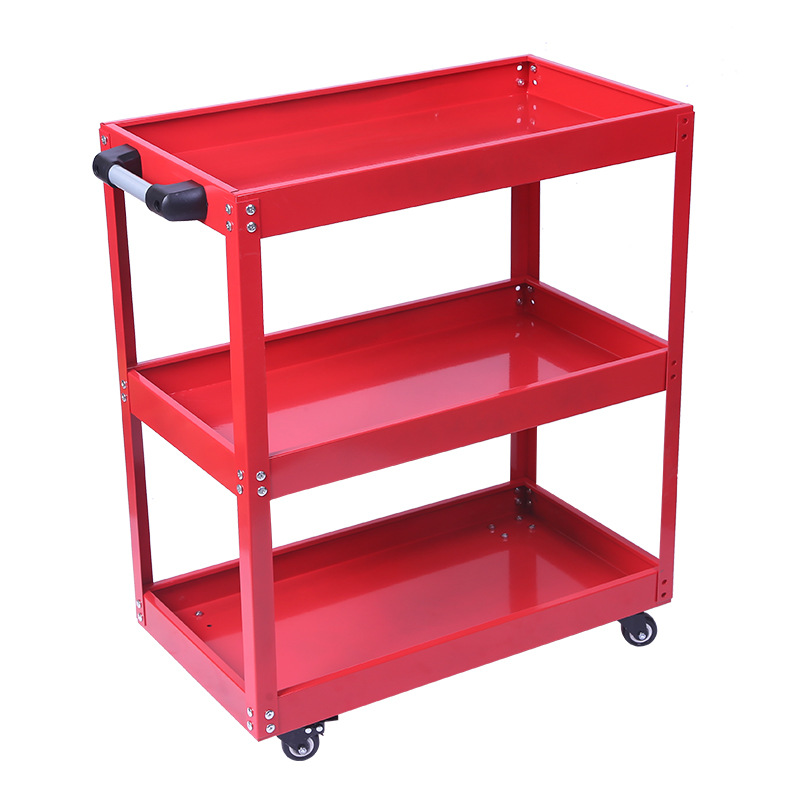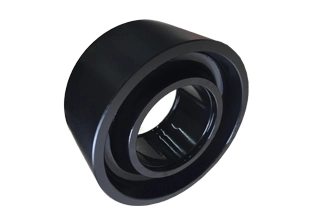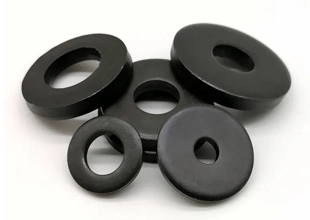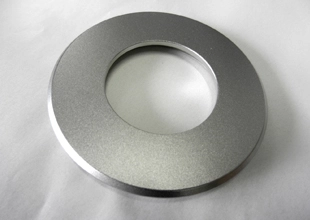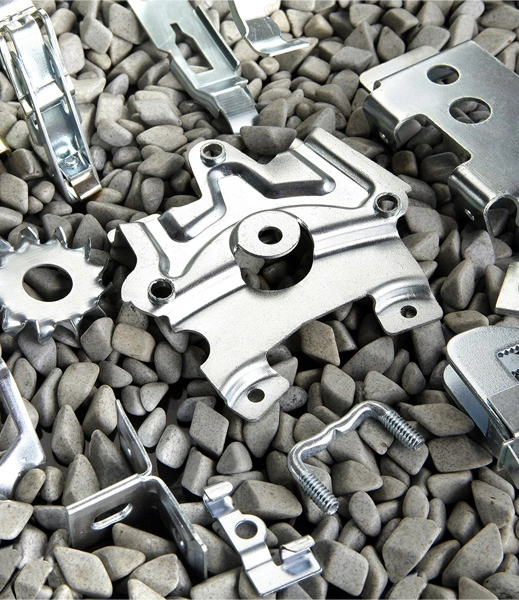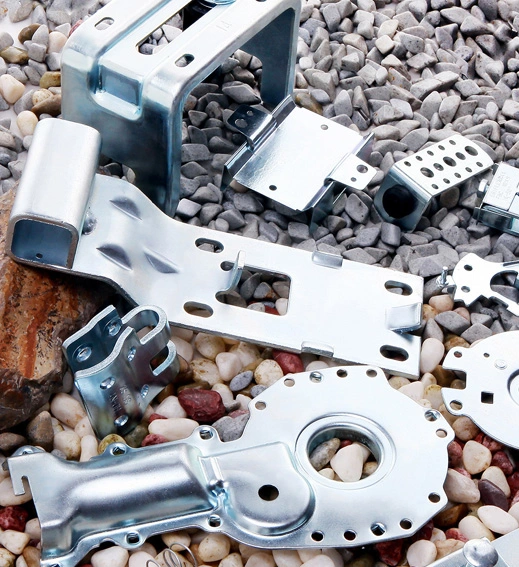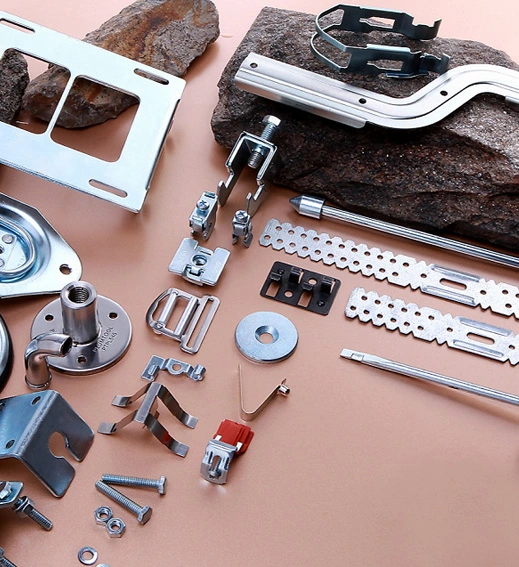
Powder coating from Yixing Technology is a surface treatment method that sprays plastic powder onto parts. Spray coating, also known as electrostatic powder coating, is a commonly used decorative technology for metal surface treatment internationally since the 1980s. Compared with ordinary spray painting surface treatment, this technology has advantages in advanced technology, energy efficiency, safety and reliability, and bright color. Therefore, it is often applied in the fields of light industry and home decoration. Its working principle is to charge plastic powder through high-voltage electrostatic equipment, and under the action of an electric field, spray the coating onto the surface of the workpiece. The powder will be evenly adsorbed on the surface of the workpiece, forming a powdery coating. After high-temperature baking, the powder coating flows and solidifies, and the plastic particles will melt into a dense final protective coating with different effects and firmly adhere to the surface of the workpiece.
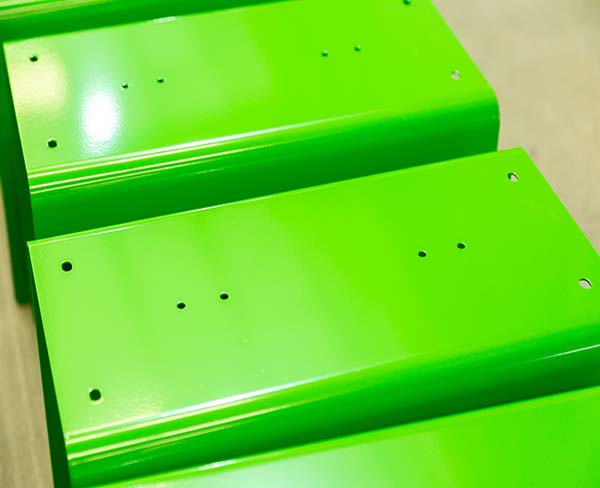
1. Pre processing
Purpose: To remove oil, dust, and rust from the sheet metal surface treatment of the workpiece, and generate a "phosphating layer" on the surface of the workpiece that is corrosion-resistant and can increase the adhesion of the spray coating, a core objective in quality sheet metal surface treatment.
Main process steps: oil removal, rust removal, phosphating, and passivation. After pre-treatment, the workpiece not only has no oil, rust, or dust on the surface, but also generates a uniform and rough gray phosphating film on the original silver white glossy surface that is not easy to rust, which can prevent rust and increase the adhesion of the spray coating.
2. Electrostatic spraying
Purpose: To evenly spray powder coating onto the surface of the workpiece. Special workpieces (including areas prone to electrostatic shielding) should be sprayed using high-performance electrostatic spray molding machines.
Process steps:
Using the principle of electrostatic adsorption, evenly spray a layer of powder coating on the surface of the workpiece.
The fallen powder is recovered through a recycling system and can be reused after sieving.
3. High temperature curing
Purpose: To heat the powder coating on the surface of the workpiece to the specified temperature and keep it warm for the corresponding time, so as to melt, level, and cure it, in order to obtain the desired surface effect of the workpiece.
Process steps: Push the sprayed workpiece into the curing furnace, heat it to the predetermined temperature (usually 185 degrees), and keep it warm for the corresponding time (15 minutes); Open the furnace and take it out for cooling to obtain the finished product. Generally, the heating temperature and holding time vary depending on the workpiece.
Tip: Heating and control system (including various heating methods such as electric heating, fuel oil, gas, coal, etc.)+insulation box=curing furnace.
4. Furnace cooling
Cooling out of the furnace is a process of cooling the results of the spray molding process back to normal temperature.
5. Decorative treatment
Purpose: To achieve a special appearance effect of the workpiece after electrostatic spraying, such as various wood patterns, patterns, and gloss enhancement.
Process steps: Masking; Transfer printing and other processing techniques.
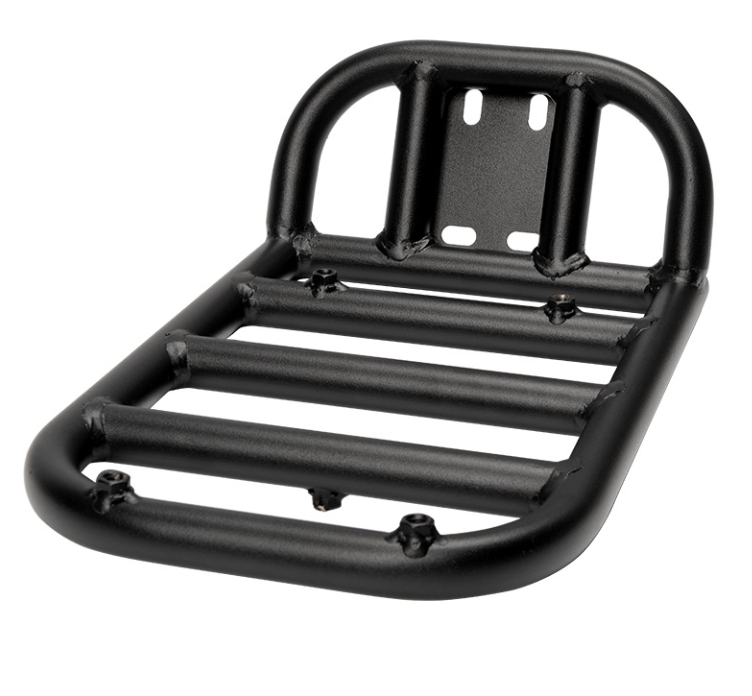
Process complexity: The powder coating process is slightly more complex, but the quality is better, and the service life of the finished product is much longer than that of spray painting. Strong surface adhesion, not easy to burn, can protect the metal surface for a long time.
Environmental protection: Powder coating has higher safety and is more environmentally friendly. However, paint contains a certain amount of organic solvents, which are prone to volatilization in the air and produce exhaust gas. It has poor environmental friendliness and a higher risk of fire than spray painting.
Levelling property: Spray painting is better than powder coating for leveling. The molecular structure of solvents, additives, and resins used in spray painting greatly aids in leveling. While powder coating does not have these chemical components, so it is easy to cause defects such as orange lines. People sometimes choose a certain orange effect to mask defects while achieving aesthetic effects.
Easy to repair: Spray painting can be repaired, while powder coating cannot. During the painting process, any pitting or scratches caused by excessive air film can be repaired at any time, as the paint has a repainting function.
Flexibility: The bending resistance of powder coating is poor, and it is prone to cracking after bending, while the bending resistance of the spray painting is higher.
Decorative effect: The decorative properties of spray painting are relatively rich. The color of spray painting is dozens of times more than that of powder coating and the same material can be made into different effects. For example, non-metallic materials such as plastic, wood, paper, cloth, leather, etc. can be made into aluminum effects.
Adhesive force: powder coating requires high-temperature baking, so the adhesion is better than spay painting.
